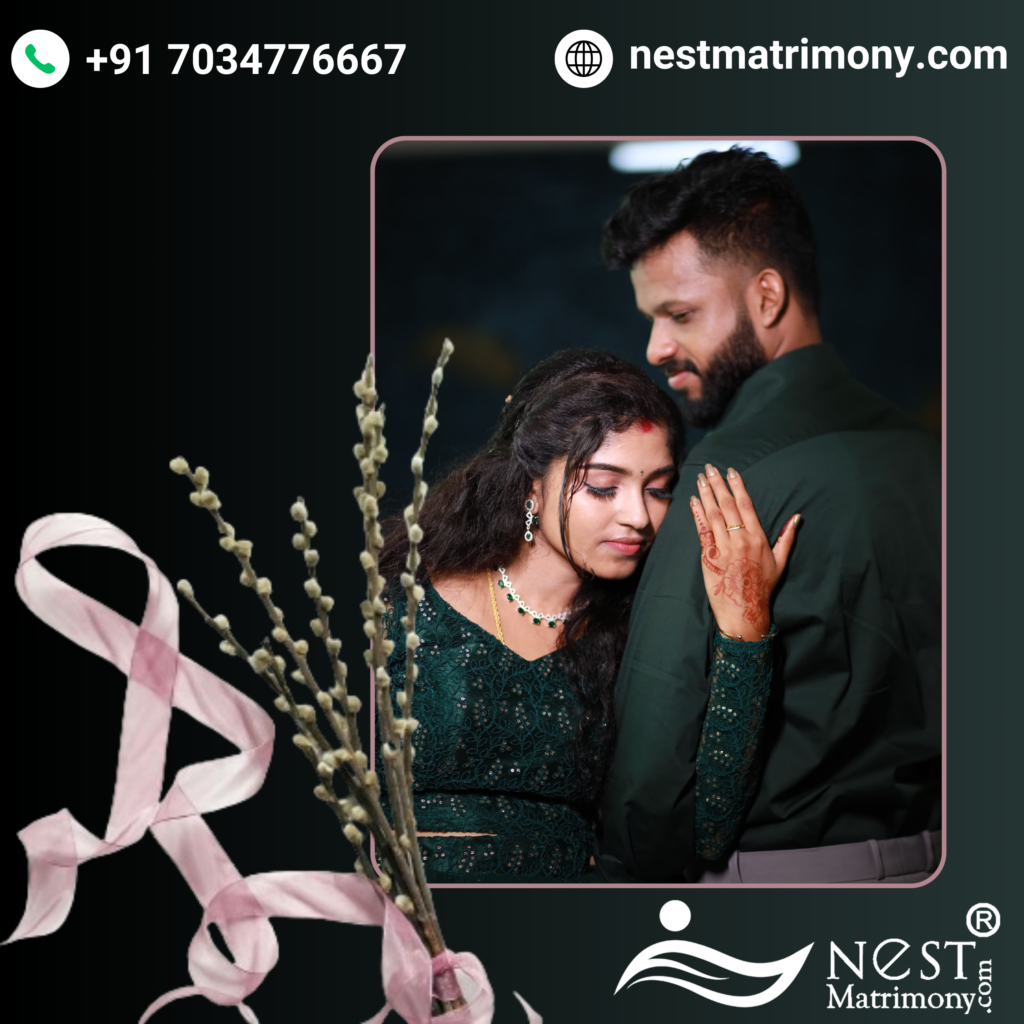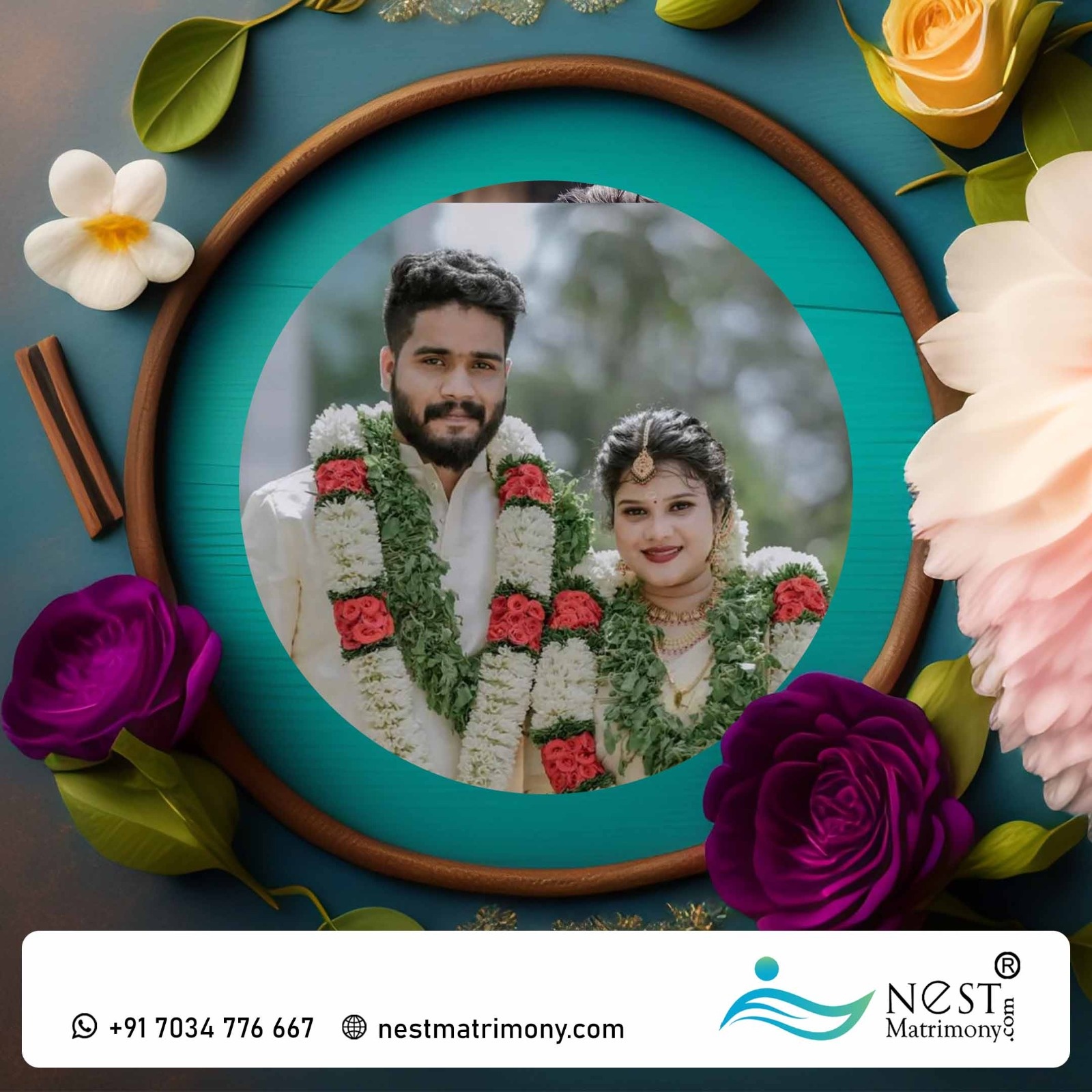Love Marriage or Arranged Marriage: Which Is Better?
Posted on 6 September
Marriage is one of the most significant decisions in life, and people often wonder whether love marriage or arranged marriage is the better choice. Both types of marriages have their pros and cons, and the right choice depends on personal beliefs, cultural backgrounds, and what each person values in a relationship.
What is Love Marriage?
A love marriage occurs when two individuals fall in love and choose to marry each other. The decision to marry is typically based on mutual attraction, shared interests, and emotional connection.
Pros of Love Marriage:
- Emotional Bond: Couples who enter into a love marriage often share a deep emotional connection because they have had time to build a relationship.
- Compatibility: They have usually explored their compatibility—physically, emotionally, and intellectually—before deciding to marry.
- Shared Understanding: Since love marriage often involves personal choice, there is a greater level of understanding between partners regarding lifestyle preferences, values, and goals.
- Mutual Respect: Choosing a partner based on love can foster mutual respect and individual freedom, leading to better communication and partnership.
Cons of Love Marriage:
- Less Family Involvement: In some cultures, love marriages may face resistance or lack of support from family members, leading to social pressure or conflict.
- Romanticized Expectations: Sometimes, couples enter love marriages with romanticized notions of love, and when challenges arise, the idealized image of marriage can cause disappointment.
- Initial Struggles: Without family or community involvement, love marriages may lack the support system that can help couples navigate early marital challenges.
What is Arranged Marriage?
In an arranged marriage, families, relatives, or matchmakers take the lead in selecting a spouse for their child. The couple usually gets to meet and evaluate each other before the marriage is finalized, although the primary decision-making power often lies with the families.
Pros of Arranged Marriage:
- Family Support: Since the families play an active role, arranged marriages often have strong familial support, which can be a great advantage when it comes to handling marital issues.
- Cultural Compatibility: Arranged marriages usually take into account shared cultural, religious, and social values, reducing the likelihood of conflicts related to these factors.
- Practical Compatibility: In many cases, families consider factors like education, financial stability, and social background to ensure long-term compatibility beyond emotional attraction.
- Time-Tested Tradition: In many cultures, arranged marriages have been a time-honored tradition that works well due to a structured process and family guidance.
Cons of Arranged Marriage:
- Lack of Personal Choice: Some people feel that arranged marriages offer little room for personal choice or autonomy in selecting a partner.
- Emotional Disconnect: Since arranged marriages are often based on practical considerations, couples may initially lack the emotional bond that couples in love marriages enjoy.
- Pressure to Conform: There can be societal or family pressure to make the marriage work, even when issues of compatibility or personal happiness arise.
Which is Better?
There is no universal answer to whether love marriage or arranged marriage is better. The success of any marriage—whether love or arranged—depends on how well the couple can navigate life together, communicate openly, and handle challenges. Here are a few things to consider:
- Mutual Respect and Understanding: Whether love or arranged, a successful marriage thrives on mutual respect, understanding, and compromise.
- Communication and Conflict Resolution: Couples who communicate well and resolve conflicts peacefully tend to have longer-lasting relationships, regardless of how the marriage began.
- Family Support: While love marriages may face resistance and arranged marriages may come with family pressures, family support can play a critical role in building a happy marriage.
- Personal Choice: For some, personal choice in marriage is paramount, while others find comfort in the wisdom and experience of their families in arranged marriages.
Both love and arranged marriages have their own sets of challenges and advantages. Ultimately, the success of a marriage is not determined by how it begins but by how the couple nurtures and sustains their relationship. What matters most is love, trust, communication, and mutual effort, whether the marriage is born out of love or arranged by families.











